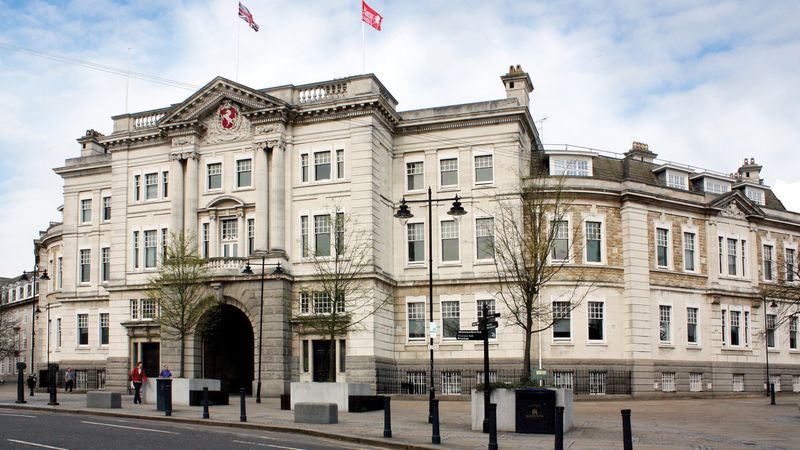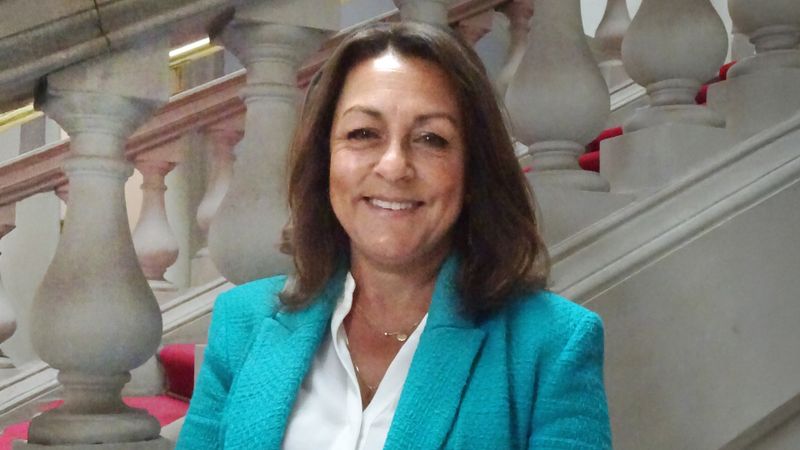An additional investment of £1bn in special educational needs was also announced, together with an extra £500m injection into road maintenance budgets across the UK, estimated to be enough to fill around one million potholes.
The Government’s Household Support Fund will also be extended into next year.
However, Rachel Reeves added words of warning that, given the scale of the challenges faced in delivering public services, there ‘will still be difficult choices in the next phase of the spending review’ and that ‘we cannot simply spend our way to better public services’.
Following the budget, KCC Deputy Leader and Cabinet Member for Finance, Corporate and Traded Services, Peter Oakford, said “This budget offers some relief for us and goes some way to alleviating the pressures of continuing to provide vital services in Kent.
“ However, we are concerned that the increase to the National Living Wage, although welcome news for employees, will mean a very significant expense for KCC and put additional financial pressure on care providers delivering vital services to the most vulnerable people in Kent.
“ We now await the Government’s settlement in December, when we will get more clarity about how this extra funding will be distributed.”

““This budget offers some relief for us and goes some way to alleviating the pressures of continuing to provide vital services in Kent."”
In the week that the Chancellor delivered her budget KCC has published its updated draft budget plans for 2025-26 and the authority’s outline financial plans for 2026-27 and 2027-28.
These plans follow the public budget consultation over the summer which asked for residents’ views on spending priorities and council tax levels as the financial pressure mounts on all councils because of costs, demand on services and uncertainty around future central government support.
KCC forecasts a shortfall of just under £50m (3.5%) between spending increases, funding from central Government, and local taxation before any announcements in the Chancellor’s budget yesterday. This shortfall would need to be resolved in the coming financial year through savings and income if the authority is to balance the budget, which is something it legally has to do.
The budget plans will be discussed at KCC’s individual cabinet committees over the next few of weeks, and a final decision on the budget for next year will be voted on at County Council on 13 February 2025.
The foremost area of concern remains the delivery of vital services to the county’s most vulnerable residents, including adult social care, children’s services, and home to school transport, where the demands are great, costs are rising rapidly, and the current spending trends are unsustainable. These services already account for the majority of KCC’s spending.
Savings, cost avoidance and income of £42m have already been identified, with a sweeping review across all areas of the business. A total revision of the authority’s assets and the KCC estate is also underway. The stringent spending controls across the council have been acknowledged by its external auditors.
However, inadequate funding to keep pace with rising costs and demands means the choices and decisions around services are becoming much tougher.
Because of the financial challenges, KCC has to prioritise its statutory services – the ones it has a legal obligation to provide – over the discretionary services that are not compulsory. Subsidies will be hit, and fees and charges would need to rise to cover the costs of discretionary services.
Kent, like many councils, has had to rely on reserves both as a short-term measure to tide over timing differences between spending growth and planned savings, and to cover unplanned overspends in 2022-23 and 2023-24. It now needs to look to restore its financial safety net to a level that will allow it to deal with further economic shocks.
The local Government settlement – funding from central Government to support local council service delivery – is expected to be confirmed in early December when a more detailed picture can be provided.
In the budget the Chancellor also made reference to how the shape of local government is changing, and that Greater Manchester and the West Midlands will be the first mayoral authorities to receive integrated settlements from next year, giving them meaningful control of the funding for their local areas.
KCC, along with Medway Council and all district and borough councils in Kent, has told the Deputy Prime Minster it is keen to work with Government to shape an innovative and comprehensive devolution deal for Kent and Medway.

“"A devolution settlement for Kent and Medway should be a priority for the Government, and would improve the economic and social prosperity of our residents and businesses."”
KCC Leader, Roger Gough, said: “It is my firm belief that a devolution settlement for Kent and Medway should be a priority for the Government and that this would improve the economic and social prosperity of our residents and businesses.
“Our rationale for devolution is particularly strong, in that we have a unique, strategic position as the international gateway to the UK, and that Kent and Medway have the size and scale to make devolution work. With a residential population of 1.9 million, devolved governance would operate at a scale to be both impactful and cost-effective and provide a strong voice for the region at national level.
“I look forward to the Government setting out the details of its plans in the forthcoming English Devolution Bill, and we will continue to work with all partners to ensure that Kent and Medway is an even better place to live, work, learn and visit through the opportunities offered by devolution.”
- KCC’s draft budget plans were prepared before the Chancellor of the Exchequer announced the Government’s Autumn Budget and spending plans, and are based on assumed forecast spending and resources from central Government and local taxation.
- KCC has made £1bn of savings and income since 2011-12.
- To see the calendar of KCC meetings, access council agendas and watch live meeting broadcasts, visit Committees and meetings - Kent County Council
- KCC’s revised short-term and medium-term strategic objectives were set out in the approved Securing Kent’s Future Budget Recovery Strategy. You can read the report here




